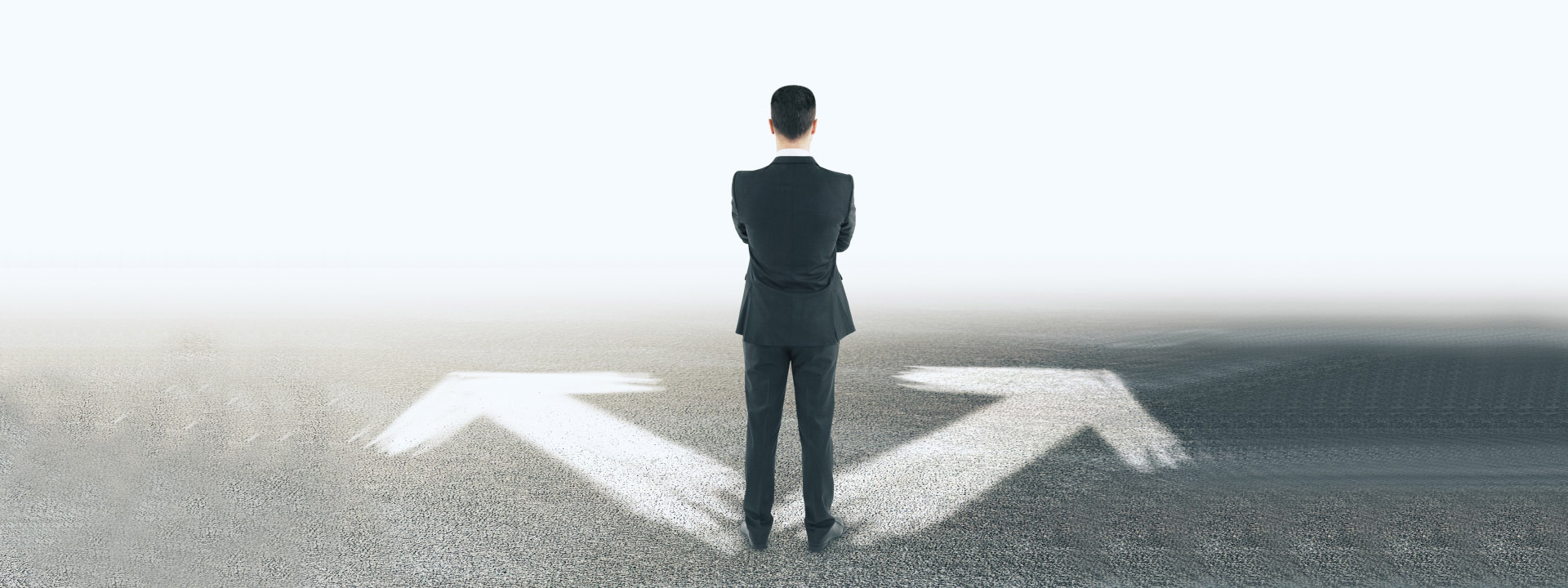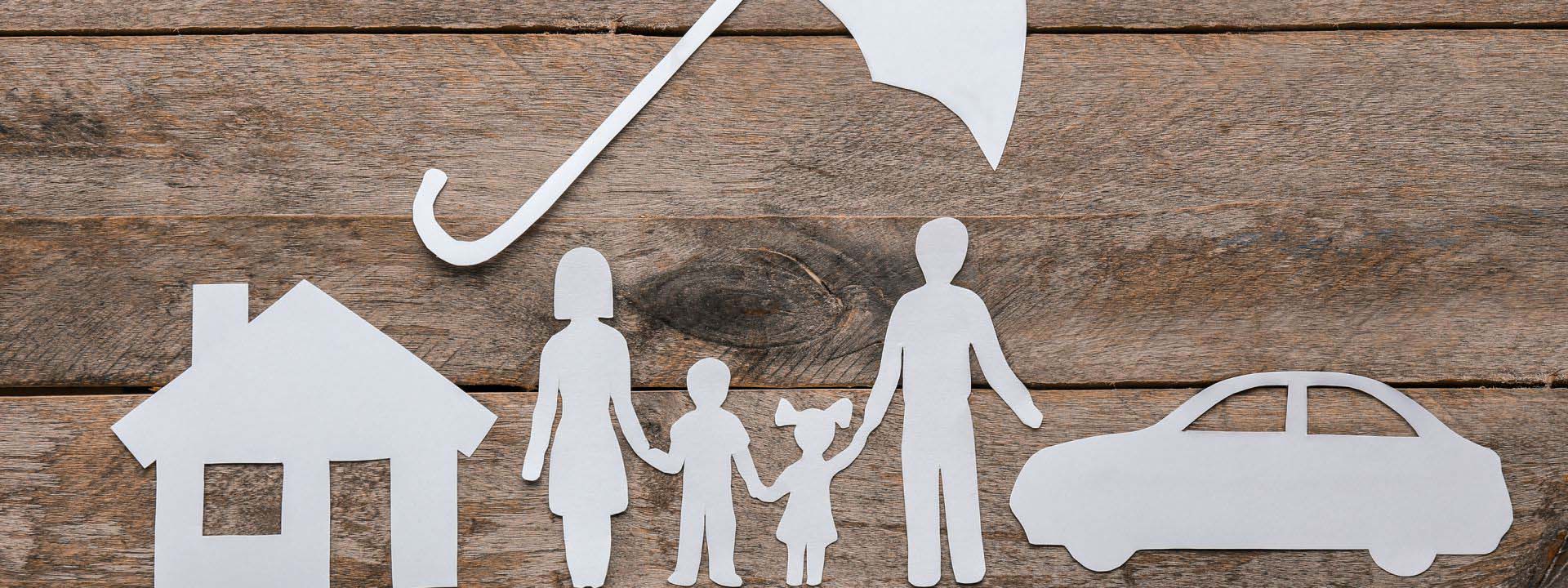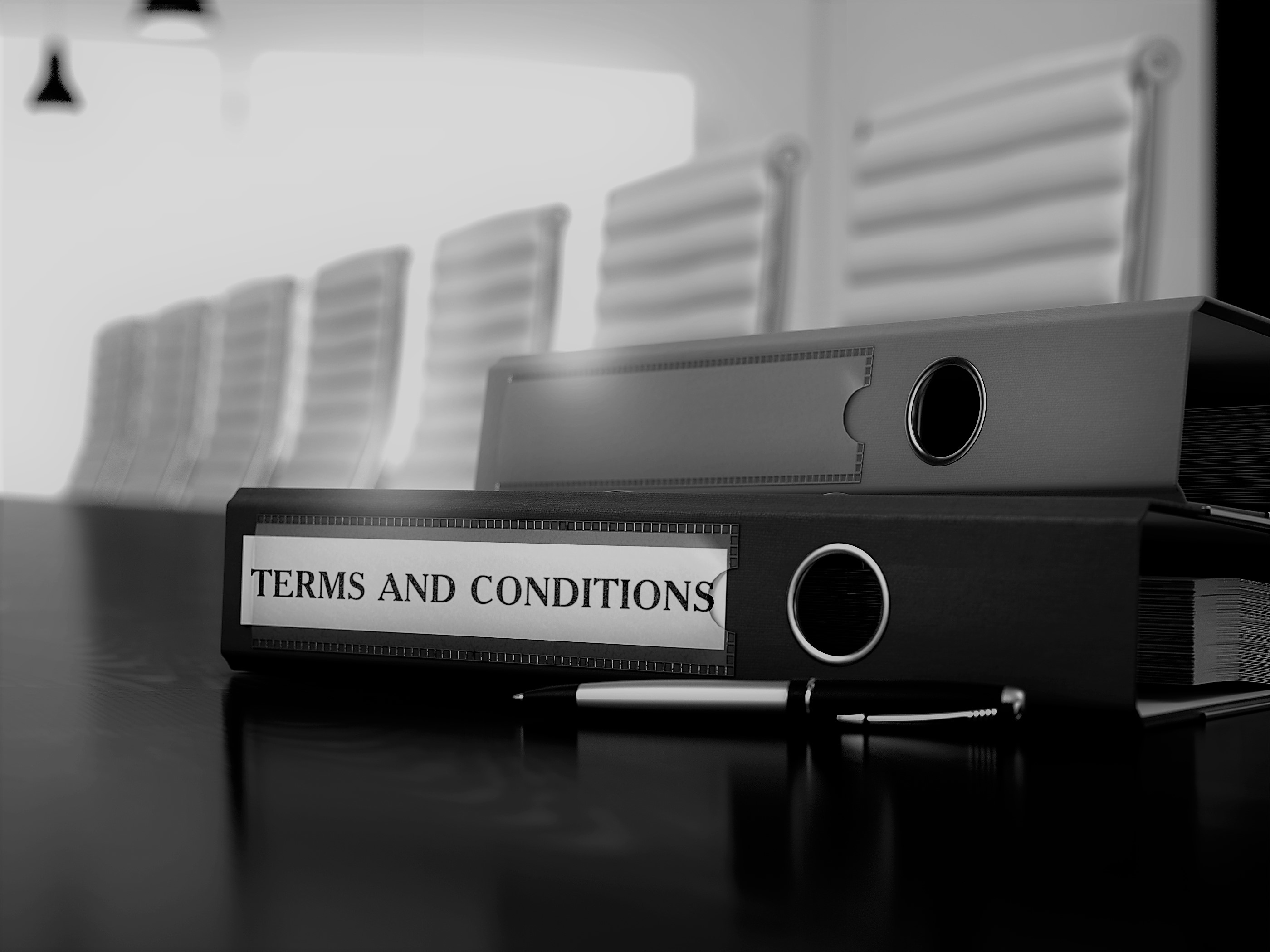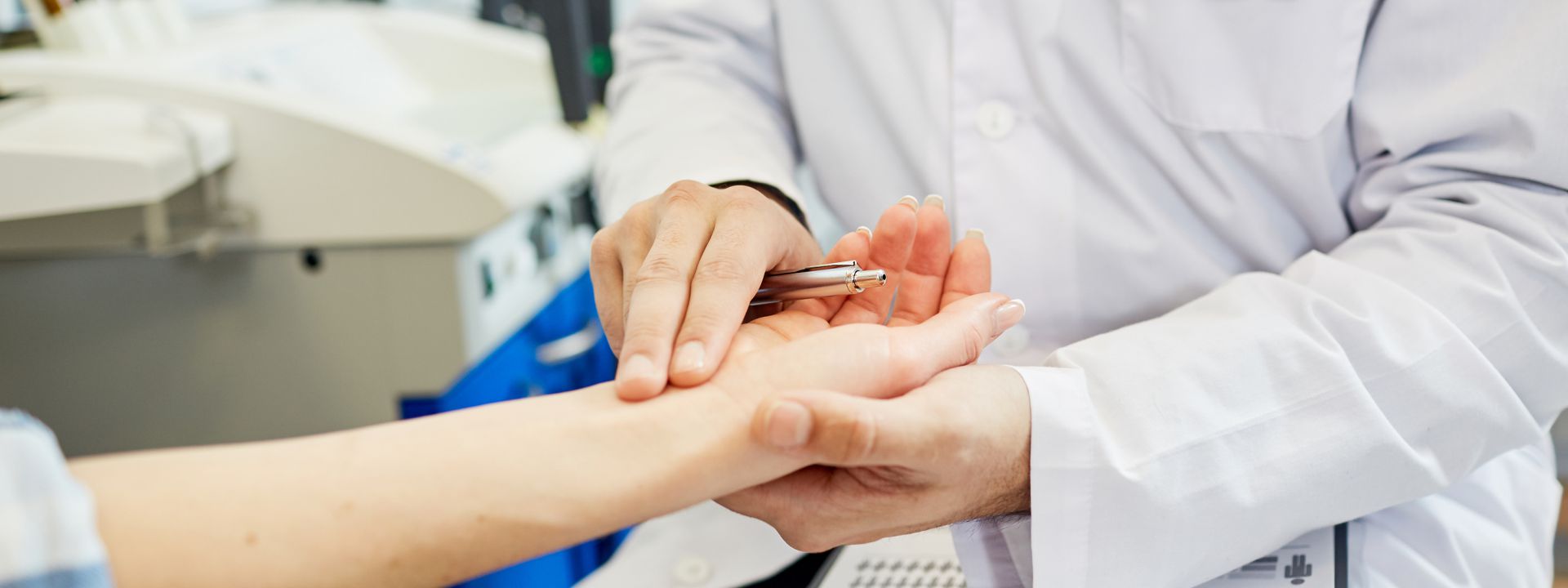Health Disease
Your body is the most priceless possession. After all, you have to dwell in it! So take care of it with a right Health Insurance Plan.
What is Heart disease?
Heart disease is a range of conditions affecting your heart. Diseases under the heart disease umbrella are blood vessel diseases like coronary artery disease, heart rhythm problems as well as heart defects that you're born with. These can be congenital heart defects among others. This term "heart disease" usually is used interchangeably with a similar term "cardiovascular disease."
Causes of Heart disease
Your heart is a pump and that the muscular organ is about the size of your fist. This is located slightly on the left of center in your chest. Your heart is further divided into the right as well as the left side. The division prevents oxygen-rich blood to mix with oxygen-poor blood. Oxygen-poor blood returns to the heart post circulating via your body.
- The right side of the heart that comprises the right atrium and ventricle will collect and pump the blood to the lungs via the pulmonary arteries.
- The lungs then refresh the blood with a new supply of oxygen. The lungs then breathe out carbon dioxide which is a waste product.
- Oxygen-rich blood finally enters the left side of the heart that comprises the left atrium as well as ventricle.
- The left side of the heart will pump blood via the aorta for supplying tissues throughout the body with oxygen and nutrients.
Heart disease treatment
- lectrocardiogram (ECG). An ECG will record these electrical signals that can help your doctor to detect irregularities in your heart's rhythm as well as structure. You may have an ECG while resting or while exercising
- Holter monitoring. A Holter monitor is nothing but a portable device that you wear for recording a continuous ECG that too usually for 24 to 72 hours. Holter monitoring is beneficial for detecting heart rhythm irregularities which aren't found during a regular ECG exam.
- Echocardiogram. This is nothing but a noninvasive exam including an ultrasound of your chest, showing detailed images of your heart's structure as well as its function.
- Stress test. This is type of test involving raising your heart rate along with exercise or medicines while performing heart tests as well as the imaging for checking how your heart responds.
- Cardiac catheterization. This is a type of test wherein a short tube (sheath) will be inserted into a vein or artery in your leg (groin) or arm. A flexible, hollow or a longer tube is then inserted into the sheath. With the help of X-ray images on a monitor, your doctor will threads the guide catheter via the artery until it reach your heart. The pressures in your heart chambers will then be measured, and a dye can be injected. The dye will be visible on the X-ray that helps your doctor to see the blood flow via your heart, blood vessels as well as valves to check for abnormalities.
- Cardiac computerized tomography (CT) scan. This is a type of test that can be often used for checking the heart problems. In a cardiac CT scan, you will have to lie on a table inside a doughnut-shaped machine. An X-ray tube inside the machine will rotate around your body and then collect images of your heart as well as chest.
- Cardiac magnetic resonance imaging (MRI). This is a type of test wherein you will be required to lie on a table inside a long tube-like machine which produces a magnetic field. This field will then produce pictures for helping your doctor to evaluate your heart.
Types of heart disease
Mentioned below are the types of heart diseases:
Congenital heart disease
Arrhythmia
Coronary artery disease
Dilated cardiomyopathy
Myocardial infarction
Heart failure
Hypertrophic cardiomyopathy
Mitral regurgitation
Pulmonary stenosis
Heart disease symptoms
Symptoms can include the below:
- Chest pain, chest pressure and chest tightness and chest discomfort
- Shortness of breath
- Pain, coldness, numbness or weakness in your legs or arms in case the blood vessels in those particular parts of your body are narrowed
- Pain in the jaw, throat, neck, back or upper abdomen








 support@greyfont.com
support@greyfont.com Call Us on (022) 4891 3051
Call Us on (022) 4891 3051